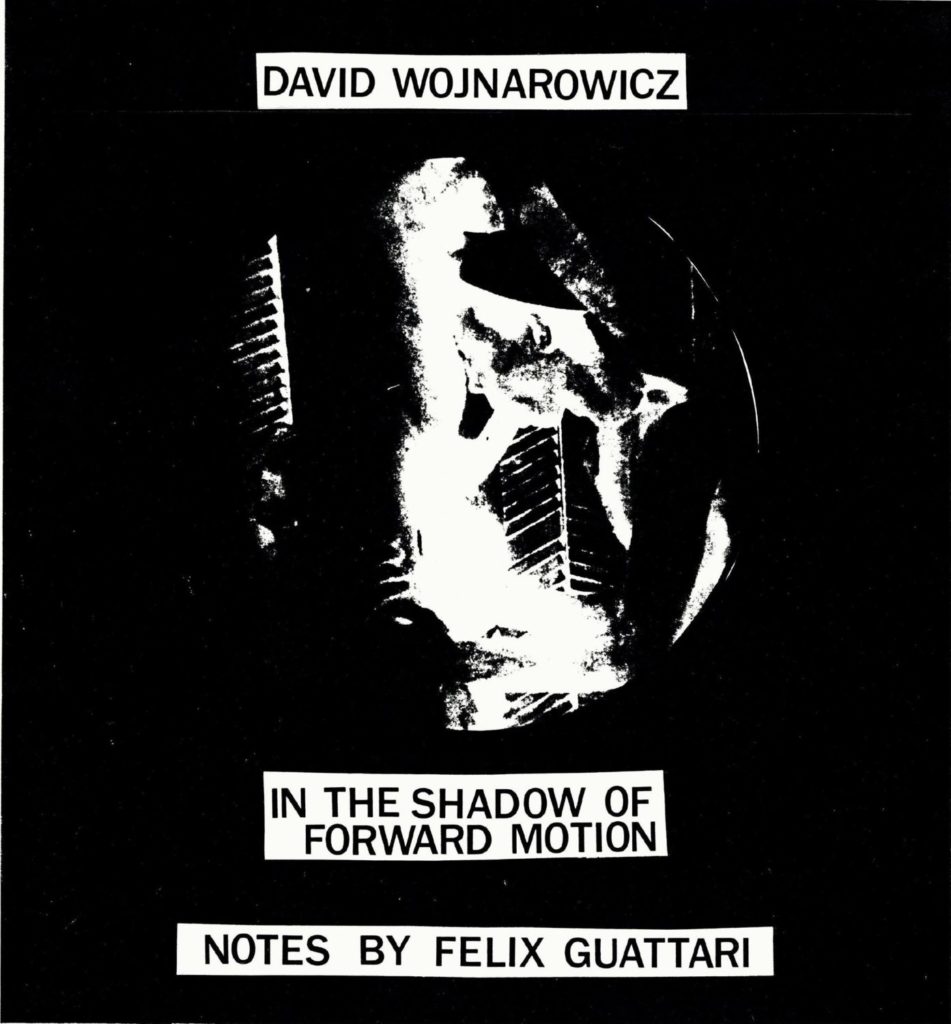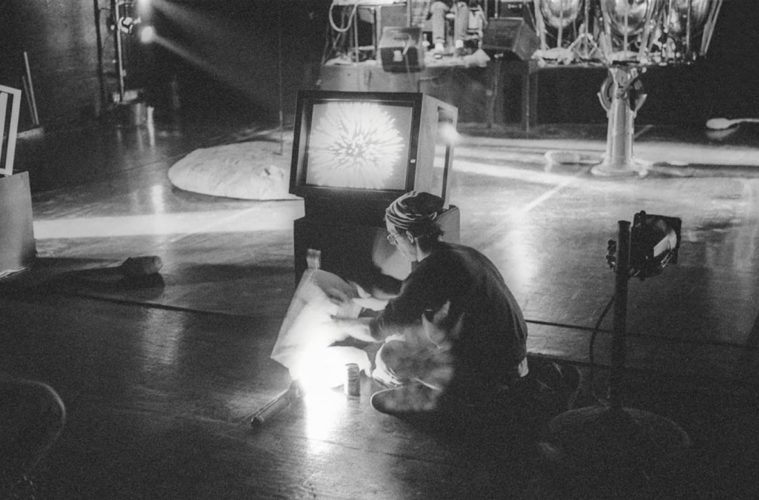Since 1997, in solidarity with World AIDS Day, over 800 art institutions from MOCA to the New Museum have been programming specific exhibitions, films, and varied projects to increase awareness of the ongoing AIDS pandemic and to recognize the toll the AIDS epidemic has had on so many of our most talented artists. Initially in 1988 the cultural institutions symbolically shuttered themselves for the day under the banner “Day Without Art” but since 1997 they have found it more powerful to showcase art on the day while appropriately changing the heading to “Day With(out) Art.”
World AIDS Day falls on December 1 each year and is a reminder that worldwide, a shocking 40 million people have died of AIDS since 1981. Currently an estimated 37 million are living with HIV, making the ongoing health crisis sadly tower over our current bout with another deadly virus. Despite recent improvements in treatment, the AIDS epidemic still claims an estimated two million lives each year, of which tragically more than 250,000 are children.
One of the many important voices lost to AIDS was that of the influential artist and writer David Wojnarowicz. Perhaps best known for his memoir Close to the Knives: A Memoir of Disintegration, Wojnarowicz attained national prominence for his visceral stance against censorship and untiring advocacy for AIDS awareness.
A favorite writer of mine, Peter Schjeldahl, wrote in the New Yorker about Wojnarowicz’s 2018 survey at the Whitney Museum like this: “There should be a word other than ‘artist’ for Wojnarowicz, whose sensational retrospective is subtitled History Keeps Me Awake at Night. ‘Phenomenon’ works. So might ‘sphinx,’ for a young man who managed his fierce emotions with striking sangfroid.”

In the Shadow of Forward Motion was originally published as a photocopied zine as a sort of catalogue to his exhibition at PPOW Gallery in 1989. Wojnarowicz only ran off 50 copies and in part because of that rare supply, the zine has gained legendary status for its portrayal of 1980’s New York subculture. But now, from publisher Primary Information you get his journals, political critique and collage in a fever dream mash-up of ants, locomotives, money, tornadoes and dinosaurs all mixed with his, “notes toward a frame of reference.” The book blends his writing and visual art in a unique combination examining systemic mechanisms of oppression.

Carlos Almaraz
Zipping back across time and space from east to west coast we light upon the seminal work of Carlos Almarez whom we also lost to AIDS. Playing with Fire (Prestel Publications) highlights one of the most influential artists in Los Angeles throughout the 70’s and 80’s and arguably to a new generation today. The first monograph dedicated to Almaraz, who was heatedly engaged in the L.A. politics of the time, the book features the well-known vibrantly colored car crashes as well as wistful landscapes of Echo Park.
Almaraz was a master at capturing our one-of-a-kind SoCal light with thick, creamy, playful brushstrokes. The book features more than 60 works, mostly from the late 1970s through 1989, the year of the artist’s untimely death at age 48, as well as selections from his journals and recollections from numerous colleagues and friends who knew him throughout his career.

Both books mark lives well lived in a world that did not readily accept them and are worth adding to your library. Some thirty-five years later from the Day’s inception, we cannot ignore the contemporary parallels of a vocal, well organized throng exerting asymmetric pressure to negatively politicize a disease which itself does not discriminate. Please take time to remember the scourge of a virus that can still be eased by a more universal selflessness and cooperation — a lament that unfortunately sounds terribly familiar.
Please shop locally.
Advertising disclosure: We may receive compensation for some of the links in our stories. Thank you for supporting LA Weekly and our advertisers.

